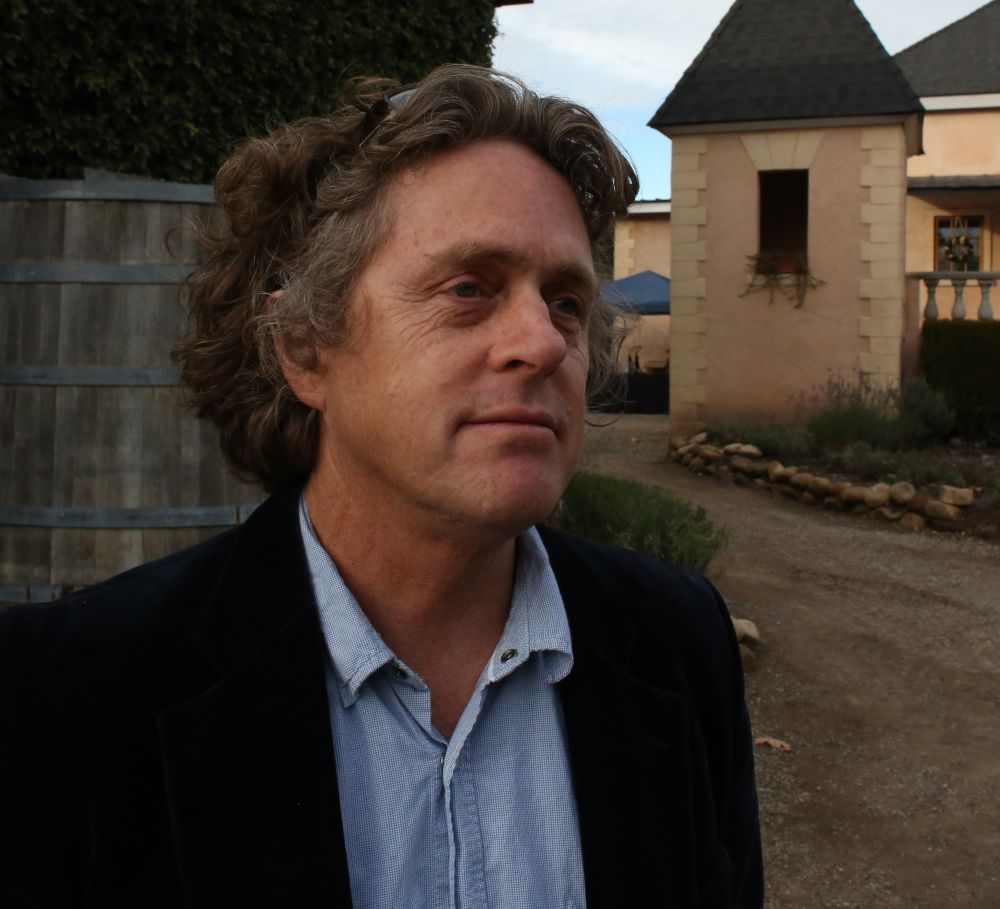
Quantifying Higher Education
Ranking universities is big business. Numerous organizations rate everything from the overall “best” in the world to individual programs like engineering or sociology. Indeed, metrics are baked into the culture of higher education. But what happens to research and learning when they are rated, ranked and judged by that number crunching? What happens to universities?
Christopher Newfield, a professor of literature and American studies in UC Santa Barbara’s Department of English, and a team of collaborators intend to find out. To support their work, Newfield and his project co-director, Laura Mandell, a professor of English at Texas A&M University, have been awarded a $175,000 research grant by the National Endowment for the Humanities.
“I’m thrilled that we’ve received this award — it’s one of only 12 in the country for the NEH’s Collaborative Research program,” Newfield said. “I hope our findings can help make the case for more funding for humanities research.”
The project will also be supported by contributions from UCSB’s Office of the Executive Vice Chancellor, Office of Research and Division of Humanities and Fine Arts.
Newfield’s group is developing a historical and cultural theory of metrics in higher education that can account for the continuing spread of rankings in universities. They’re also going to develop humanistic methods for evaluating their intellectual and educational impacts. To do that, they will focus on three pressing topics: the value of college education, research bibliometrics and learning assessment.
“Numbers are invaluable for everything from keeping planes from crashing to modeling our complicated societies, calculating crime rates, improving traffic flows on Highway 101 and determining how much more funding public universities need,” Newfield explained. “Numbers also shape every part of our academic lives, and they’ve been used to evaluate students’ academic ability, rank universities and report progress in learning for over a century.”
But, Newfield notes, the scale and scope of quantification in higher education have grown immensely in the past 20 years, and many important processes cannot be quantified. Quantification, he said, can distort what is really happening, allocate too much time and money to auditing and blind us to major benefits that can’t be captured in metrics.
One example is the value of a college education. The traditional metric is salary; data show that college graduates earn more than those who only finished high school. But Newfield points out that only accounts for about a third of the total value of college.
“College also helps graduates accept and use scientific findings, engage in democratic deliberation and come to terms with people who disagree with them,” he said. “They develop subtle creative capabilities and the ability to pursue projects independently. The return-on-investment calculation misses all this. ‘The Limits of the Numerical’ project will address and try to correct such omissions.”
Newfield’s research grows out of his ongoing work at the nexus of the humanities and public policy. In his recent book, “The Great Mistake: How We Wrecked Public Universities and How We Can Fix Them” (Johns Hopkins University Press, 2016), he uses analytical techniques developed in his specialties, literary criticism and critical theory, to shed light on funding, learning technology, tuition and student debt, and higher education as a public good.
“Prof. Chris Newfield is a national and international leader in the field of critical university studies,” said Enda Duffy, professor and chair of the English department. “In this project on ‘The Limits of the Numerical,’ his team puts a spotlight on how the recent drive to assess specific, measurable ‘learning outcomes’ is effecting university education, and the humanities in particular. As always, Prof. Newfield’s impassioned defense of the need for free and open higher education of the highest quality is backed by many hard facts he has unearthed in his own research.”
Other members of Newfield’s team are Heather Steffen, a postdoctoral scholar in UCSB’s Department of English and lecturer in the Writing Program, who co-authored the NEH grant; Aashish Mehta, an associate professor of global studies at UCSB; and Chris Muellerleile, a lecturer in geography at Swansea University in Wales.
The grant will allow Newfield to work on the “Limits of the Numerical” project for another two years. The team hopes to publish a number of articles and a co-authored book tentatively titled “Disquantified: Metrics and the Humanities in Higher Education.”



